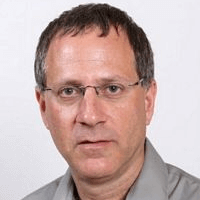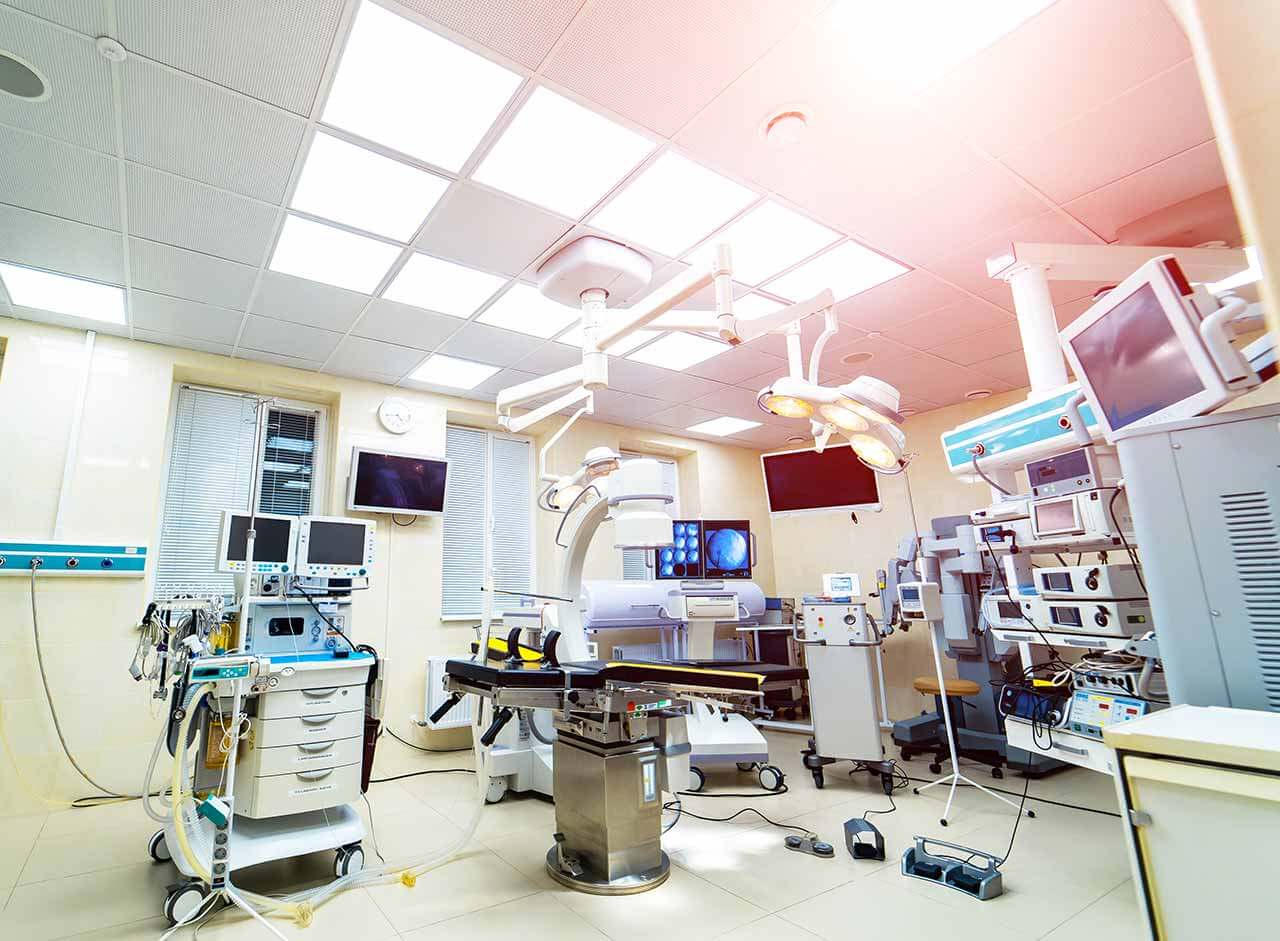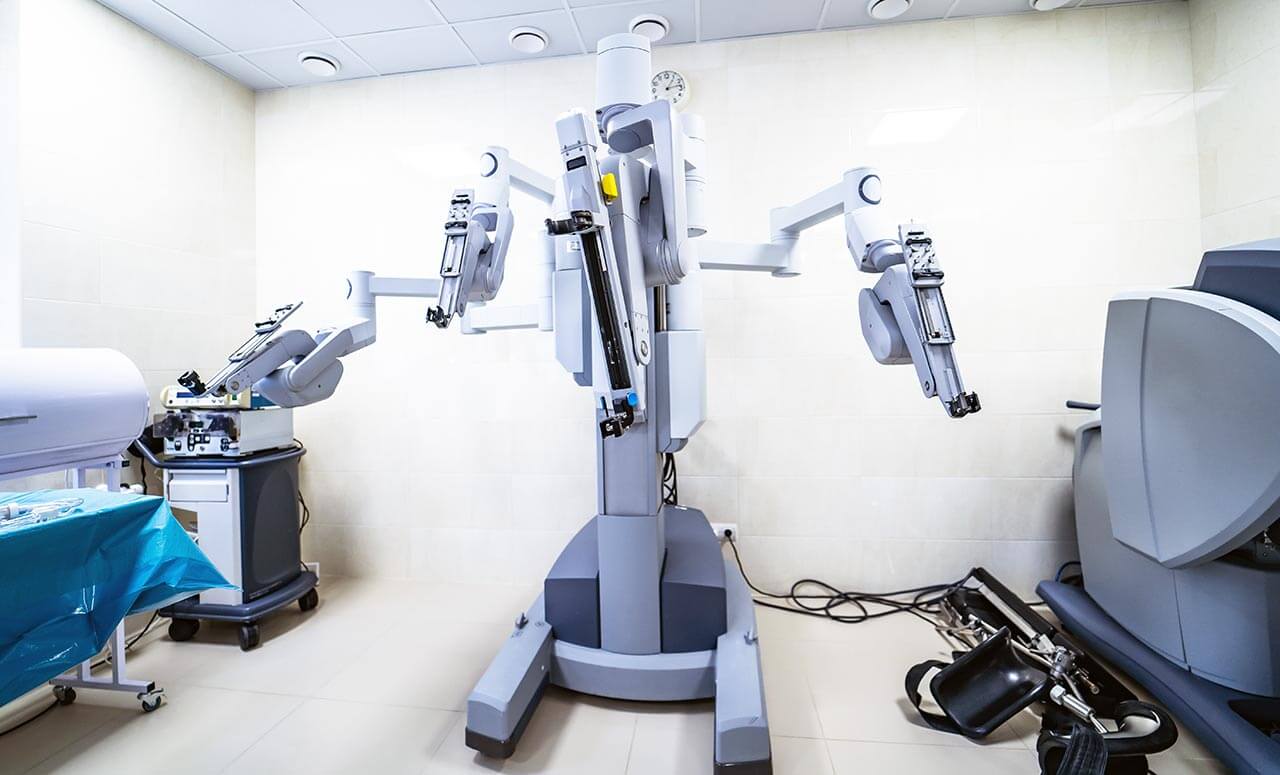
The program includes:
- Initial presentation in the clinic
- clinical history taking
- review of medical records
- physical examination
- laboratory tests:
- complete blood count
- biochemical analysis of blood
- indicators of inflammation
- indicators blood coagulation
- ophthalmologic examination:
- slit-lamp examination
- pupil function tests
- ocular motility test
- ophthalmoscopy
- perimetry (visual field test)
- computer perimetry
- visometry (without correction and with correction)
- keratometry
- pachymetry
- refractometry (objective, subjective, cycloplegic)
- autorefractometry
- non-contact tonometer
- biomicroscopy
- services of chief physician and all leading experts
- preparation according to preoperative standard
- extrascleral buckling
- symptomatic treatment
- control examinations
- the cost of essential medicines and materials
- nursing services
- explanation of future recommendations
Required documents
- Medical records
- Optical coherence tomography (if available)
Service
You may also book:
 BookingHealth Price from:
BookingHealth Price from:
About the department
The Department of Adult and Pediatric Ophthalmology at the Rambam Health Care Campus Haifa offers the full service range for the diagnostics and treatment of eye diseases, including especially complex clinical cases. The department has in its arsenal high-tech laser equipment, which allows the doctors not only to detect ophthalmic diseases at the initial stages, but also successfully treat almost all common pathologies. The surgical treatment includes minimally invasive microsurgical procedures, which are bloodless and painless for the patient. With their help, the doctors restore vision even in the most serious pathologies. The department is headed by Prof. Dr. med. Eytan Blumenthal.
The state-of-art diagnostic equipment allows the department's doctors to quickly and accurately examine the patients. During the diagnostic procedures, the doctors test visual acuity, objective and subjective refraction (astigmatism, farsightedness, myopia), conduct keratometry, measure intraocular pressure using non-contact pneumotonometer, carry out ultrasound scanning of the eye, determine the corneal thickness using pachymetry and use computer-assisted corneal topography to examine its surface. During the examination, the doctor also carries out fluorescence angiography and computer analysis of the fundus and optic disc using a retinal camera, examines the structure of the retina using optical coherence tomography, and examines the retinal vessels using laser Doppler flowmetry. Thanks to a wide range of modern examinations, the ophthalmologist can obtain comprehensive information about the presence and localization of the pathological process, its progression, as well as select the optimal treatment regimen.
The department actively performs laser eye correction procedures. They differ from classical interventions in low invasiveness, lack of blood, side effects and complications, as well as a short recovery period. As a rule, when choosing laser operation, there is no need for hospitalization, because such operations can be performed on an outpatient basis, and the patient can return home in a few hours.
It is worth noting that the department's ophthalmologists have extensive experience, undergo internships and special training in the largest Ophthalmology Centres in the USA and Europe. They are engaged in research activities, developing new treatment methods for eye diseases. The specialists make every effort to provide their patients the opportunity to see well.
The department specializes in the diagnostics and treatment of the following diseases:
- Glaucoma
- Open-angle glaucoma
- Closed-angle glaucoma
- Cataract
- Strabismus in adults and children
- Isotropy (convergent strabismus)
- Exotropia (divergent strabismus)
- Hypertropia (upward deviation of the eyeball)
- Hypotropia (downward deviation of the eyeball)
- Epiretinal fibrosis
- Amblyopia
- Hypermetropia
- Myopia
- Conjunctivitis
- Iridocyclitis
- Marginal blepharitis
- Depending on the cause of occurrence:
- Staphylococcal blepharitis
- Seborrheic blepharitis
- Meibomian gland dysfunction
- Depending on the anatomical signs:
- Posterior blepharitis
- Anterior blepharitis
- Angular blepharitis
- Depending on the cause of occurrence:
- Astigmatism
- Keratoconus
- Eye movement disorders
- Peripheral dystrophy
- Retinal detachment
- Retinopathy
- Thromboses and central retinal artery occlusion
- Macular rupture
- Endocrine ophthalmopathy
- Benign and malignant eye tumors
- Optic atrophy
- Dry eye syndrome
- Other diseases of the eye and its appendages
Curriculum vitae
Prof. Eytan Blumenthal is the Chief Physician of the Department of Adult and Pediatric Ophthalmology at the Rambam Health Care Campus Haifa.
Prof. Blumenthal graduated (with honors) from the Faculty of Medicine of the Hebrew University (Hadassah Medical Center), Jerusalem. After completing his residency in Ophthalmology at the Hadassah University Hospital, Prof. Blumenthal continued to specialize in glaucoma at the Shiley Eye Institute at UCSD, one of the top Glaucoma Centers worldwide.
Prof. Blumenthal specializes in the conservative treatment and surgery for difficult glaucoma and cataract cases. Such patients come from all over the country and from abroad. His major research interests include glaucoma, diagnostic technology in glaucoma, as well as developing diagnostic and surgical devices.
His research achievements include a lens used for laser treatment after glaucoma surgery and a device used during filtration surgery. His research focuses on the improvement of surgical techniques in complex cases.
Photo of the doctor: (c) Rambam Health Care Campus Haifa
About hospital
The Rambam Health Care Campus Haifa is the largest and the most progressive hospital in Northern Israel. The medical center was founded in 1938 and nowadays is proud of its long history, rich and successful experience in providing comprehensive medical services in all medical fields. The hospital serves more than 2 million locals, as well as the members of the Israel Defense Forces, UN Peacekeeping Forces and the United States Sixth Fleet. The medical center houses 61 inpatient departments, 73 specialized departments, 10 medical institutes and 25 laboratories. It is also the clinical and academic base of the Technion – Israel Institute of Technology.
The medical center includes the Ruth Rappaport Children's Hospital. It is a multidisciplinary medical facility specializing in the diagnostics and treatment of various pathologies, including extremely rare ones, in children of all age groups.
The total number of employees in the medical facility is 4,000 (715 doctors and 1,407 nurses). Many doctors are world-famous in the field of their clinical specialty and participate in advanced research projects in order to offer new treatment methods not only to their patients, but also to the world community.
The medical center is a leader in the field of medical care in emergency cases with a large number of victims. In addition, the hospital is certified in accordance with the strict standards of the Joint Commission International (JCI).
During the long-term and successful clinical practice, the medical center has formed a clear vision of optimal medical support and system of values. These suggest that the primary focus is always on the patient with his individual needs and wishes, while the medical services are professional, high-quality and safe. In addition, the specialists of the hospital apply the most effective and innovative treatment methods, as well as create a favorable environment, which contributes to the improvement of physical and emotional health and well-being of the patient. The key role in the daily work of the hospital is also played by a tolerant attitude towards all patients.
Photo: (c) depositphotos
Accommodation in hospital
Patients rooms
The patients of the Rambam Health Care Campus Haifa live in comfortable rooms designed in light colors. The standard room includes an automatically adjustable bed, a bedside table, a wardrobe for storing clothes, an armchair and chairs for receiving visitors, a TV, a telephone. Each room is equipped with an ensuite bathroom with shower and toilet.
Meals and Menus
The patients of the hospital are offered tasty and balanced three meals a day: breakfast, lunch and dinner. The menu also includes dietary and vegetarian dishes.
Further details
Standard rooms include:





